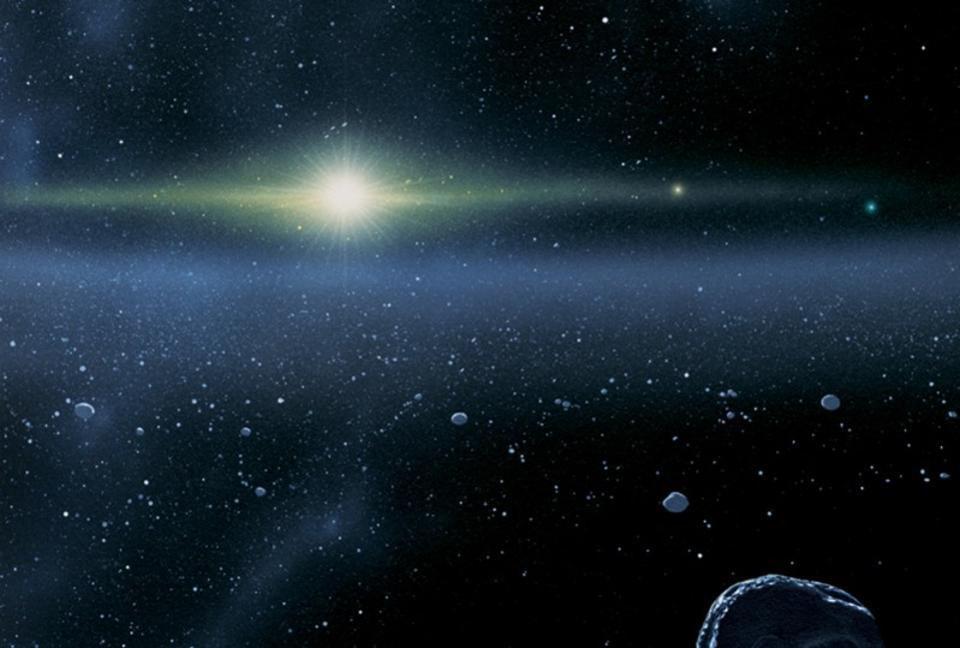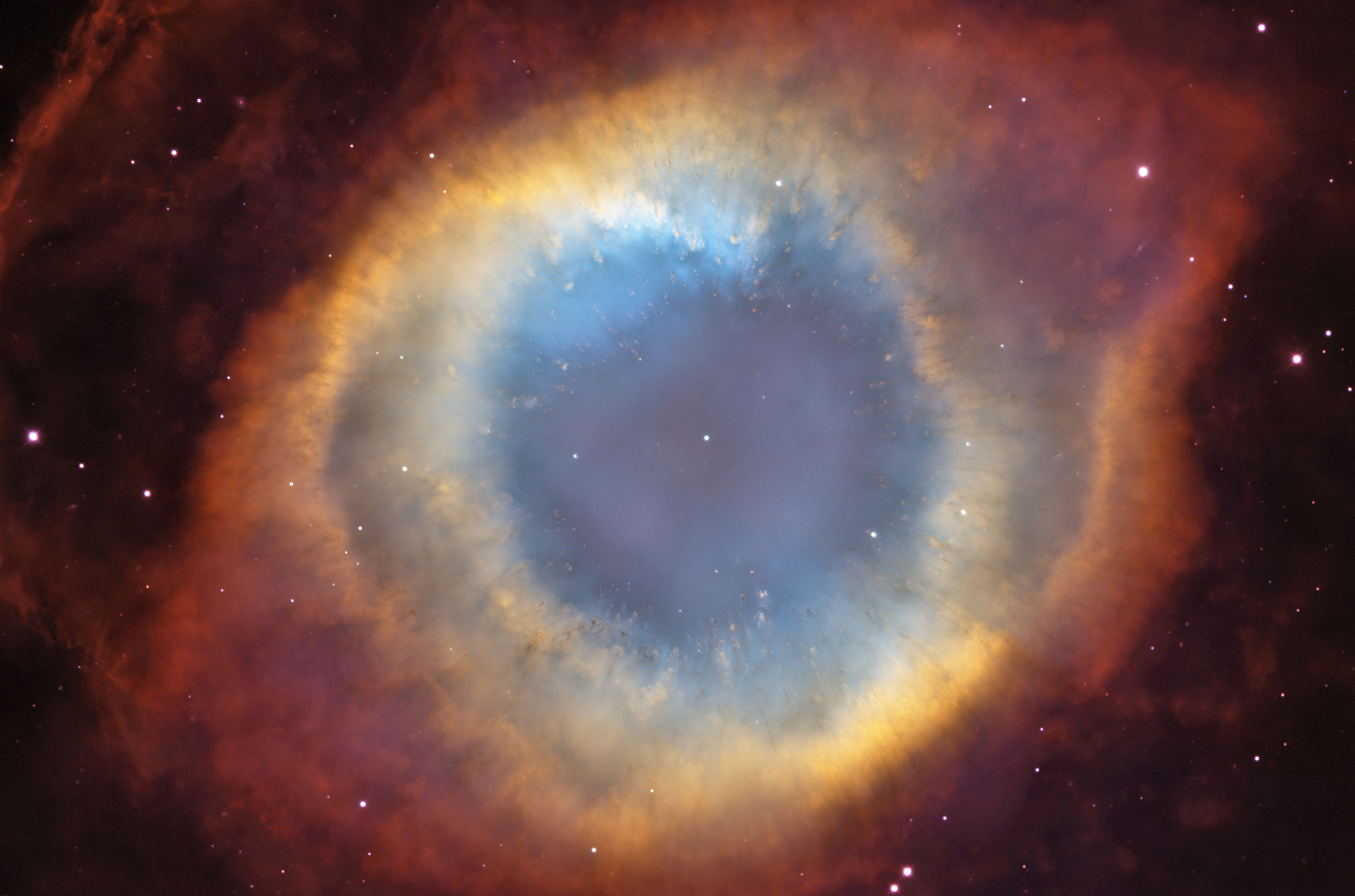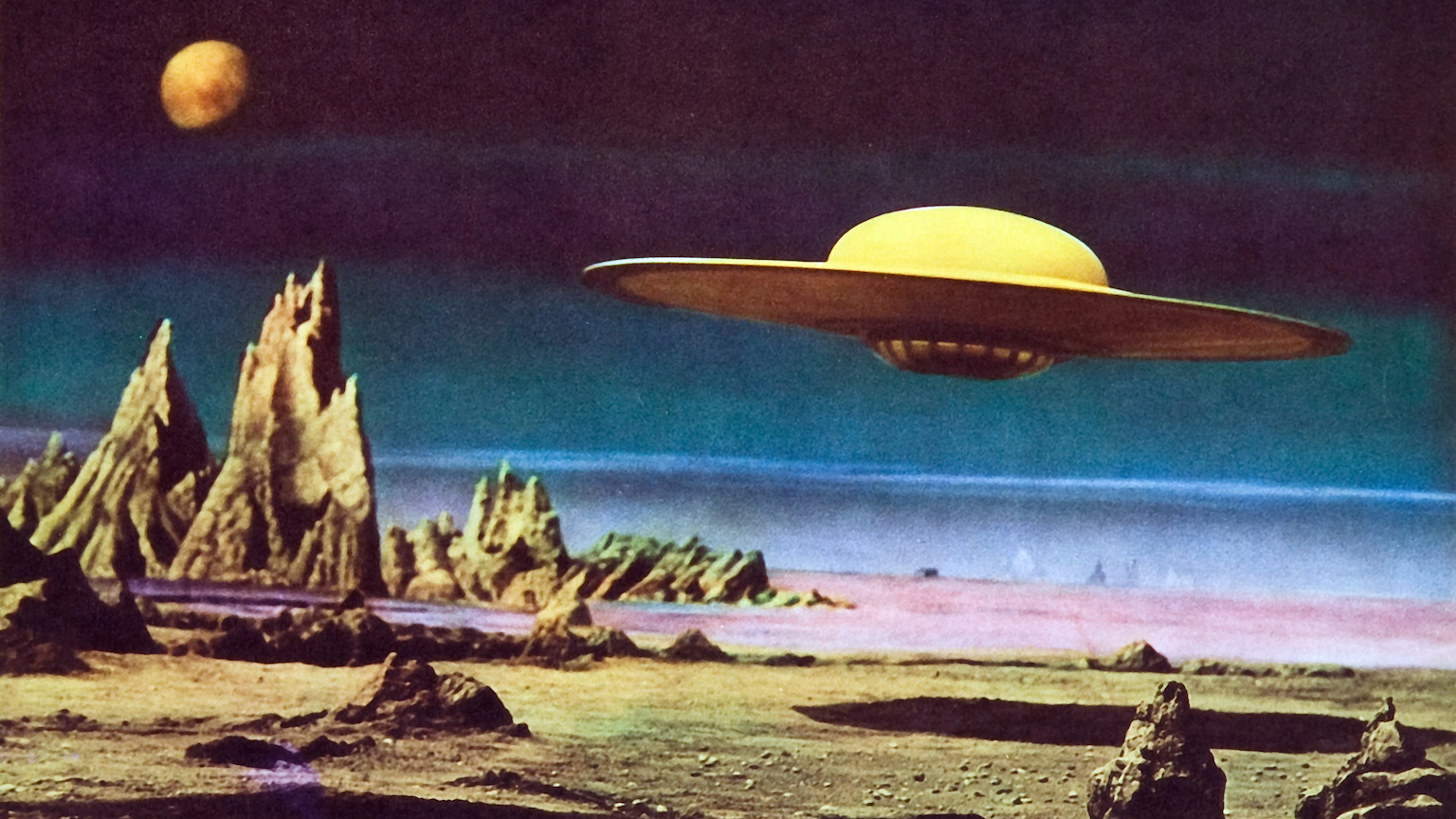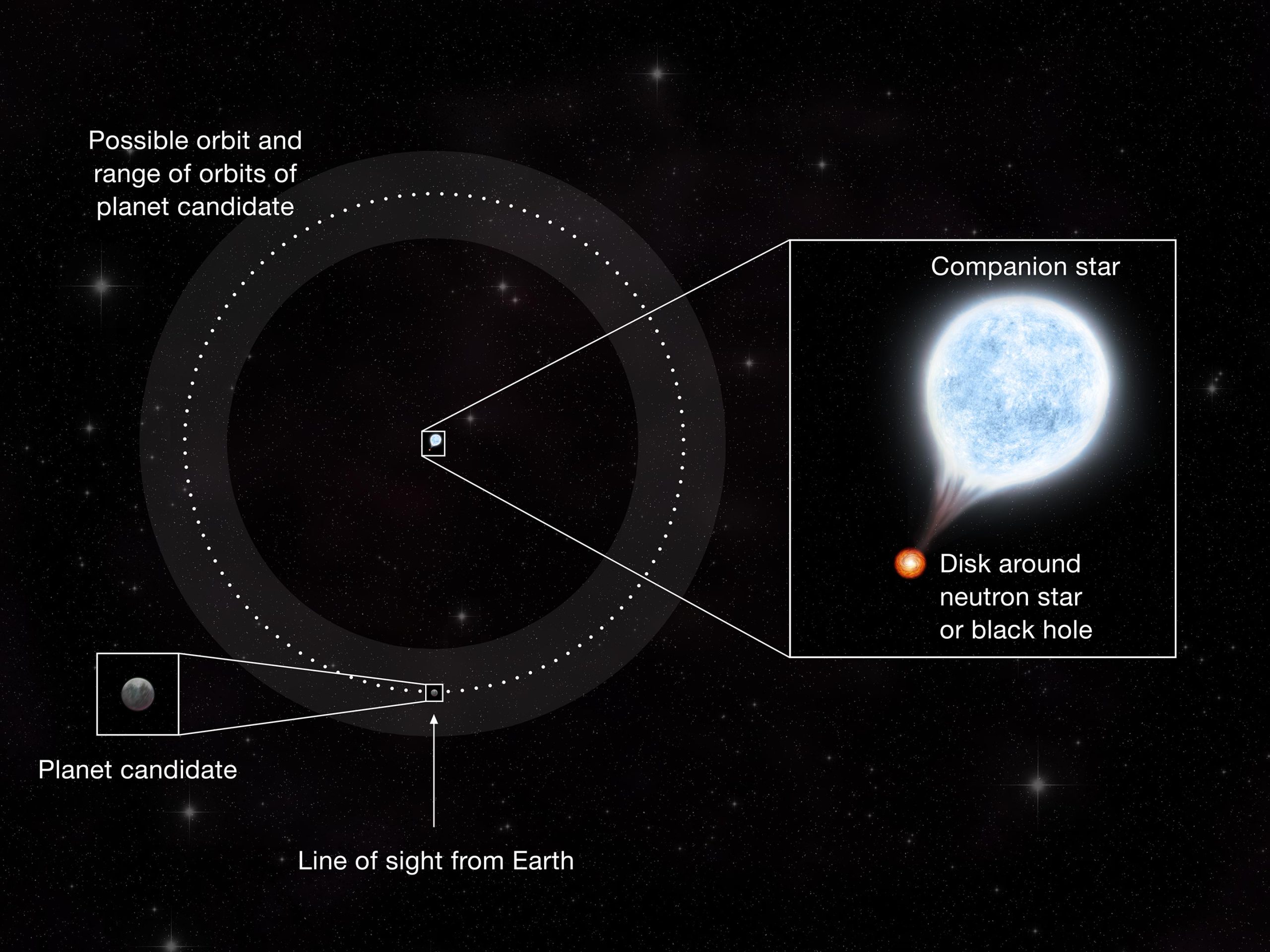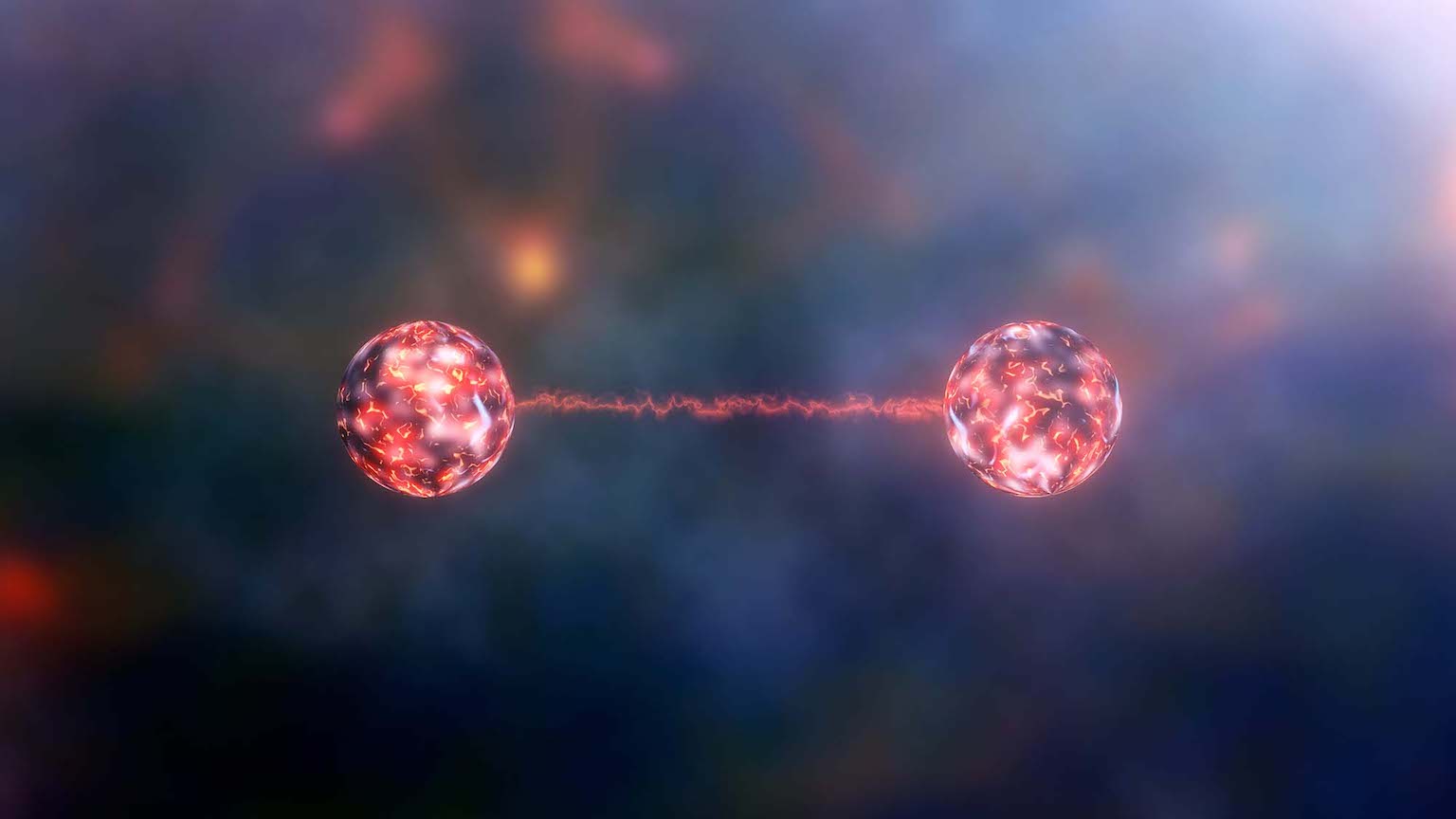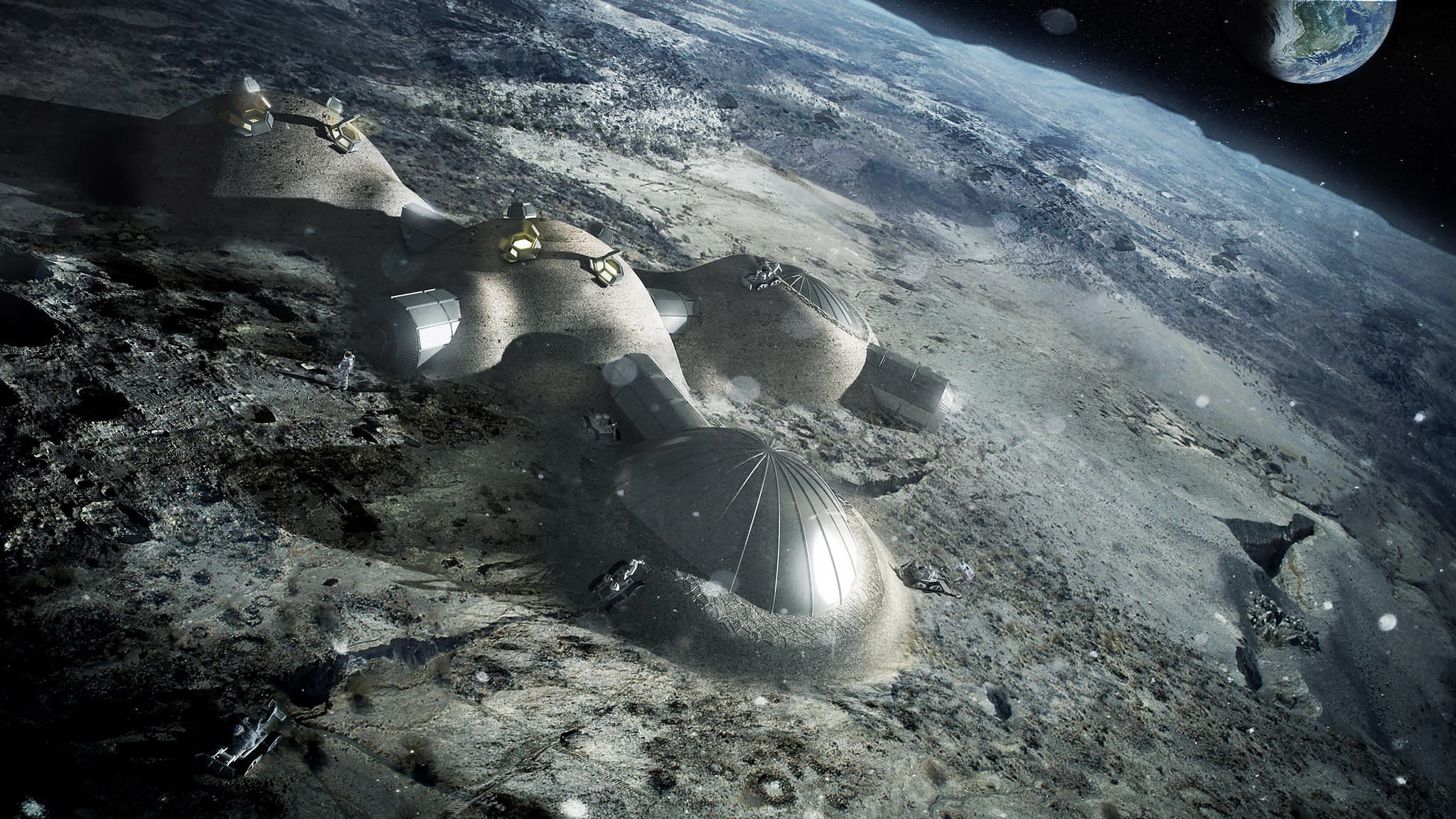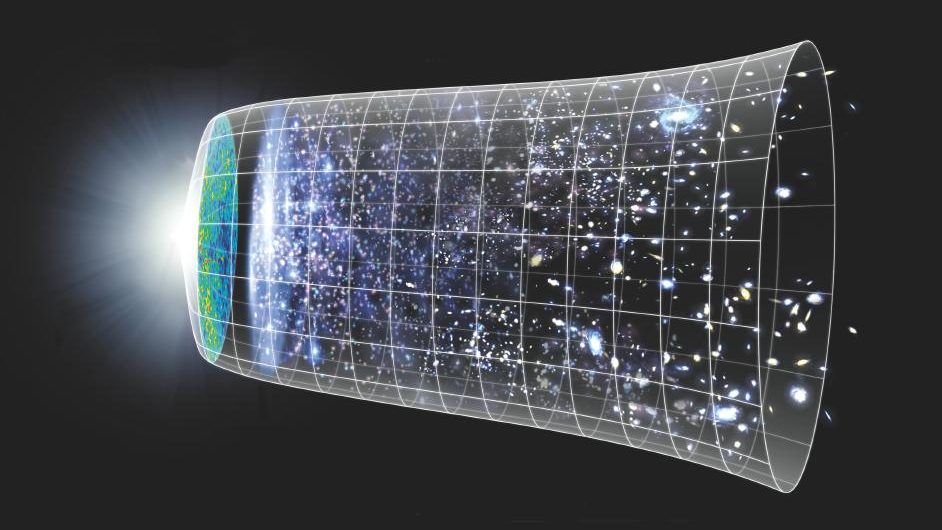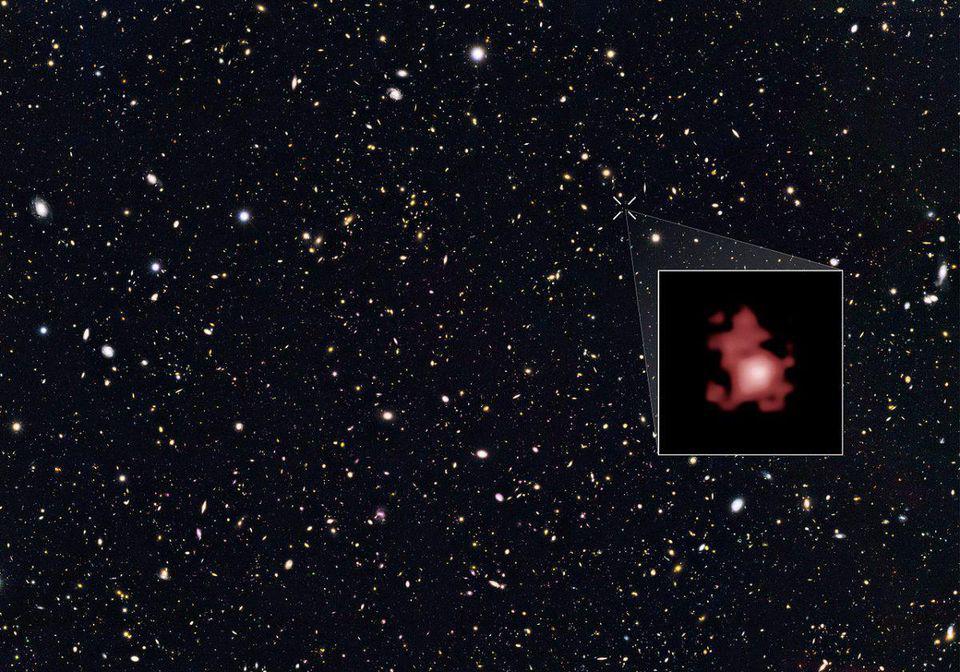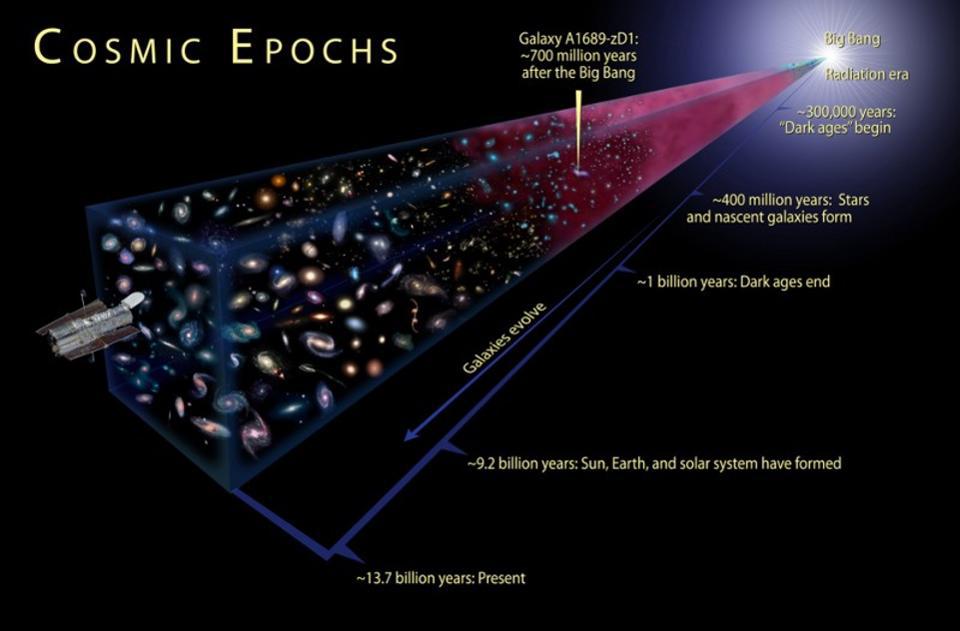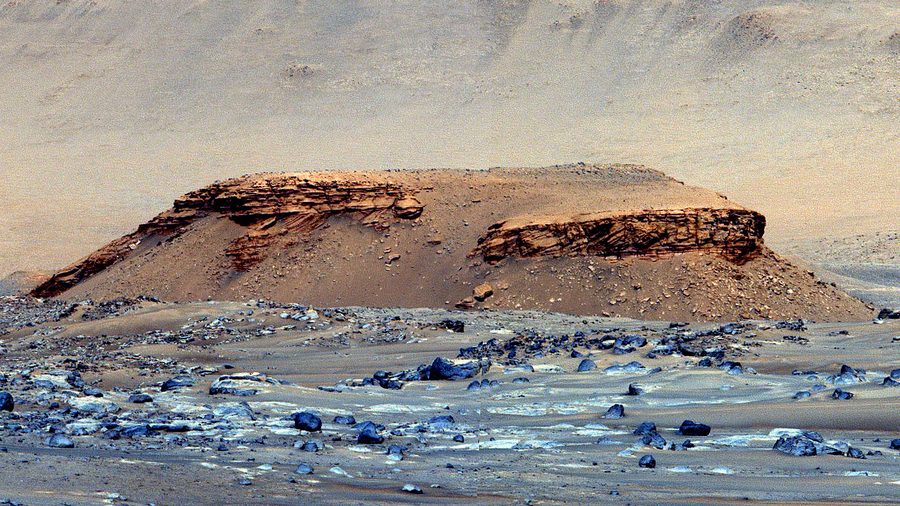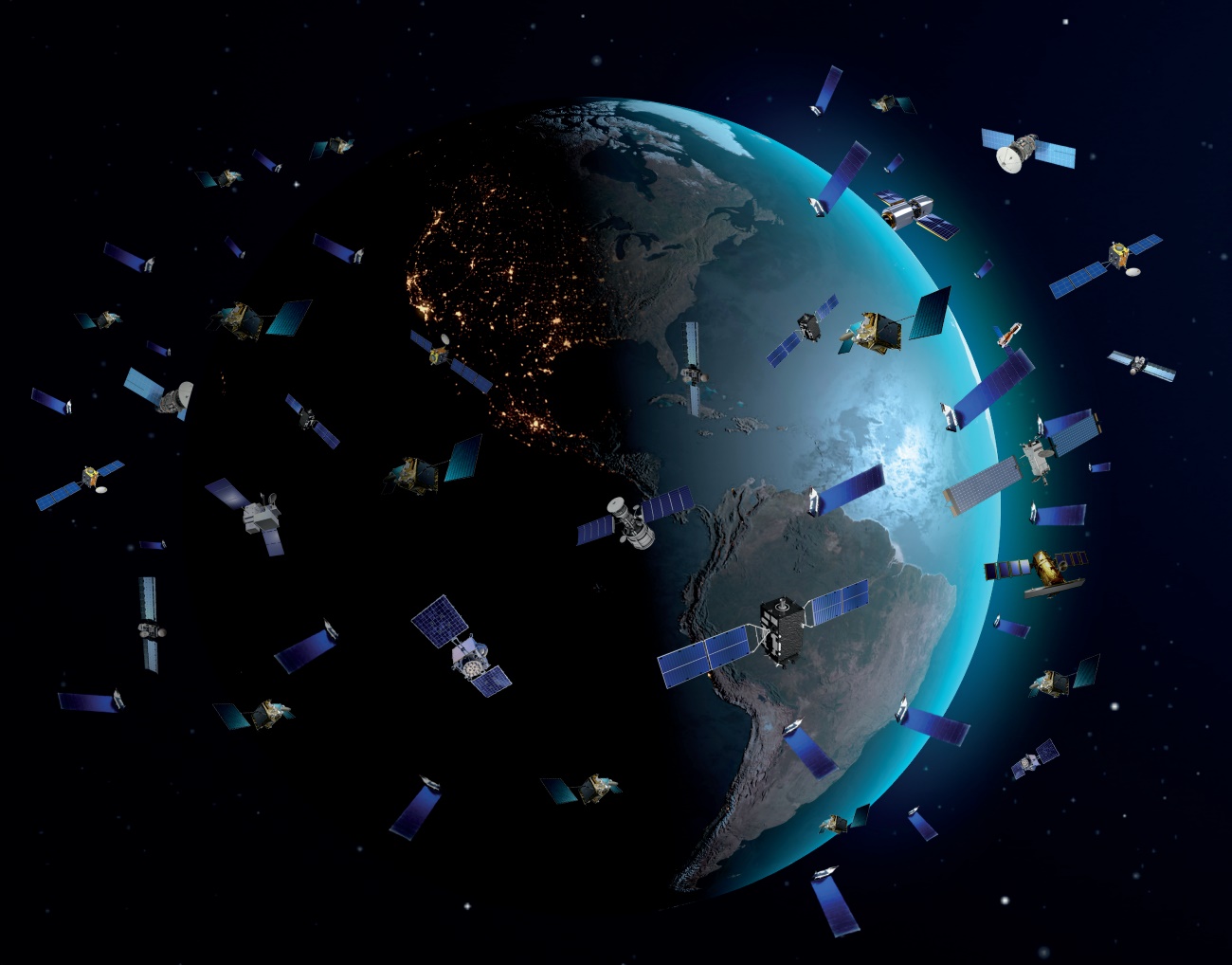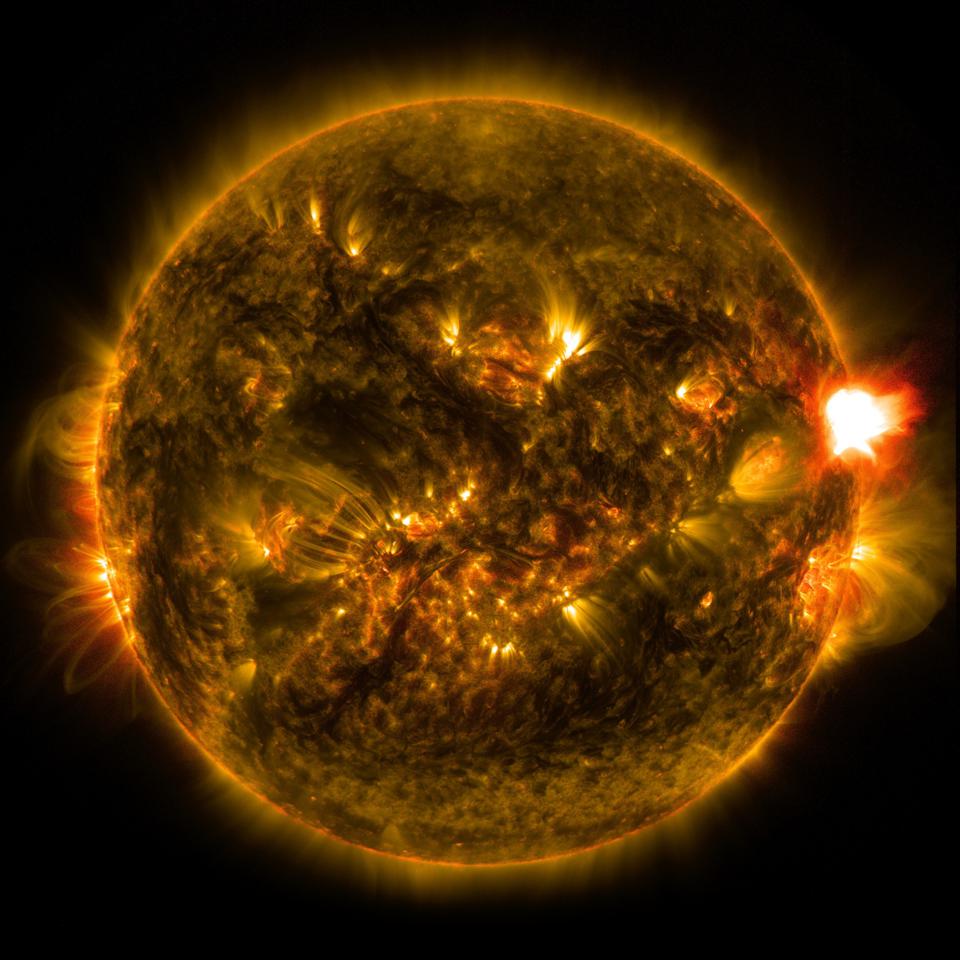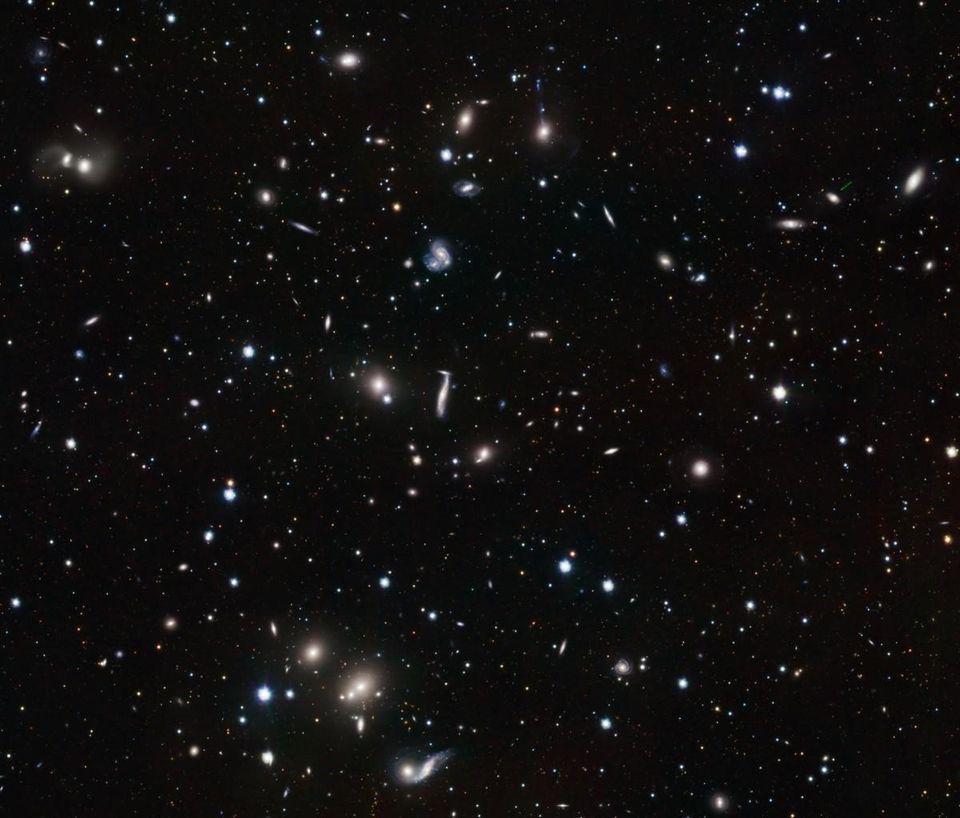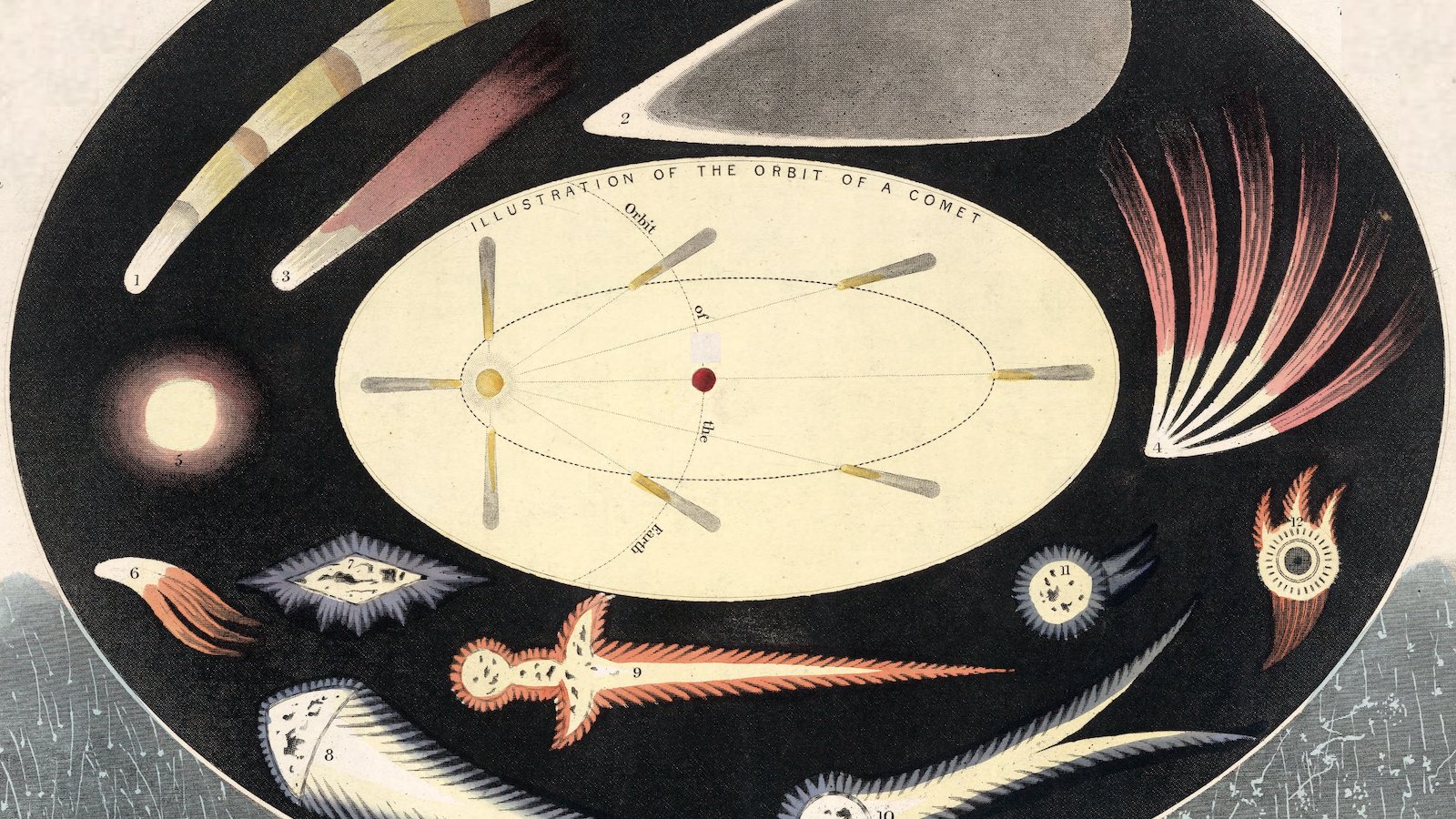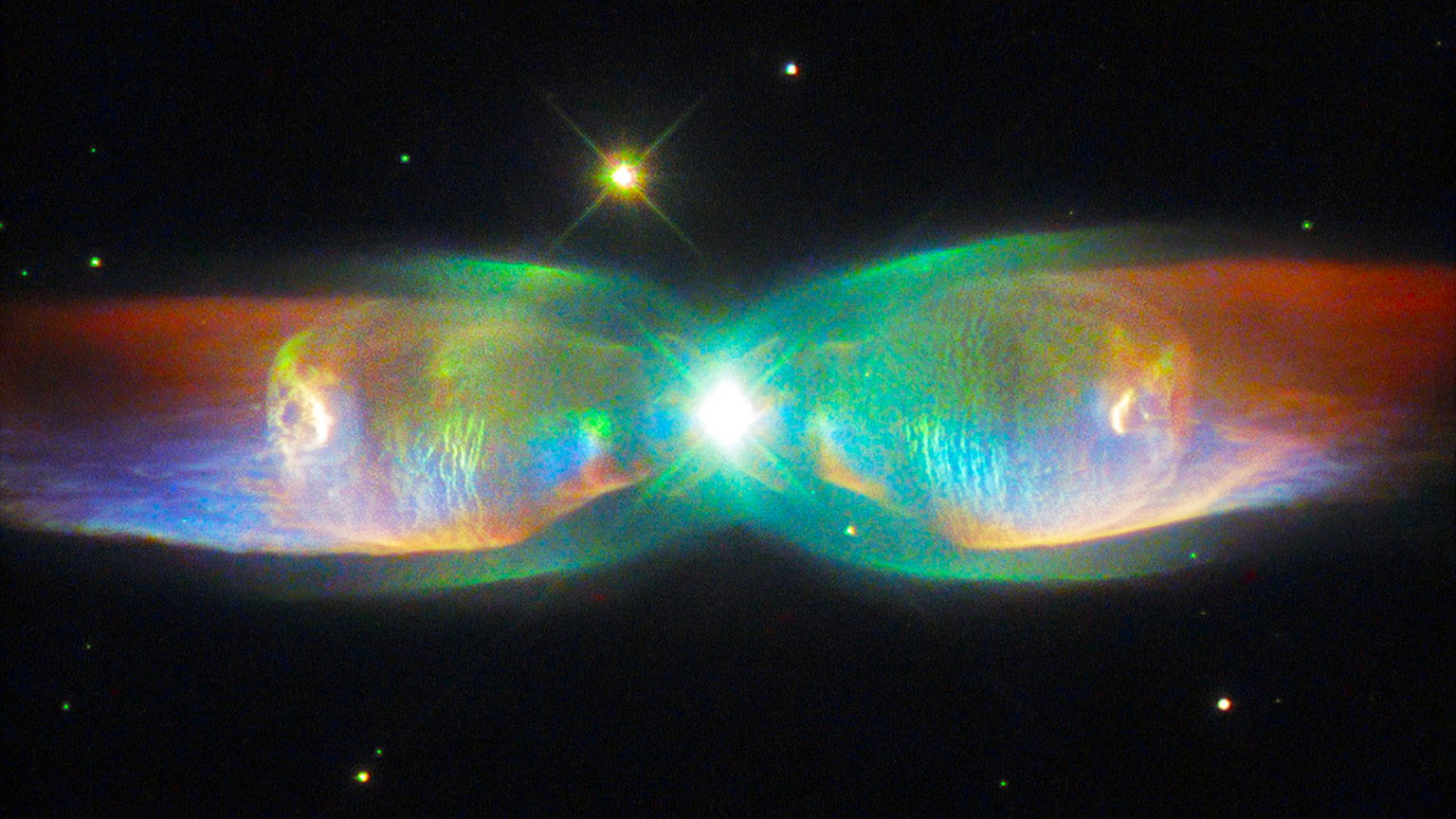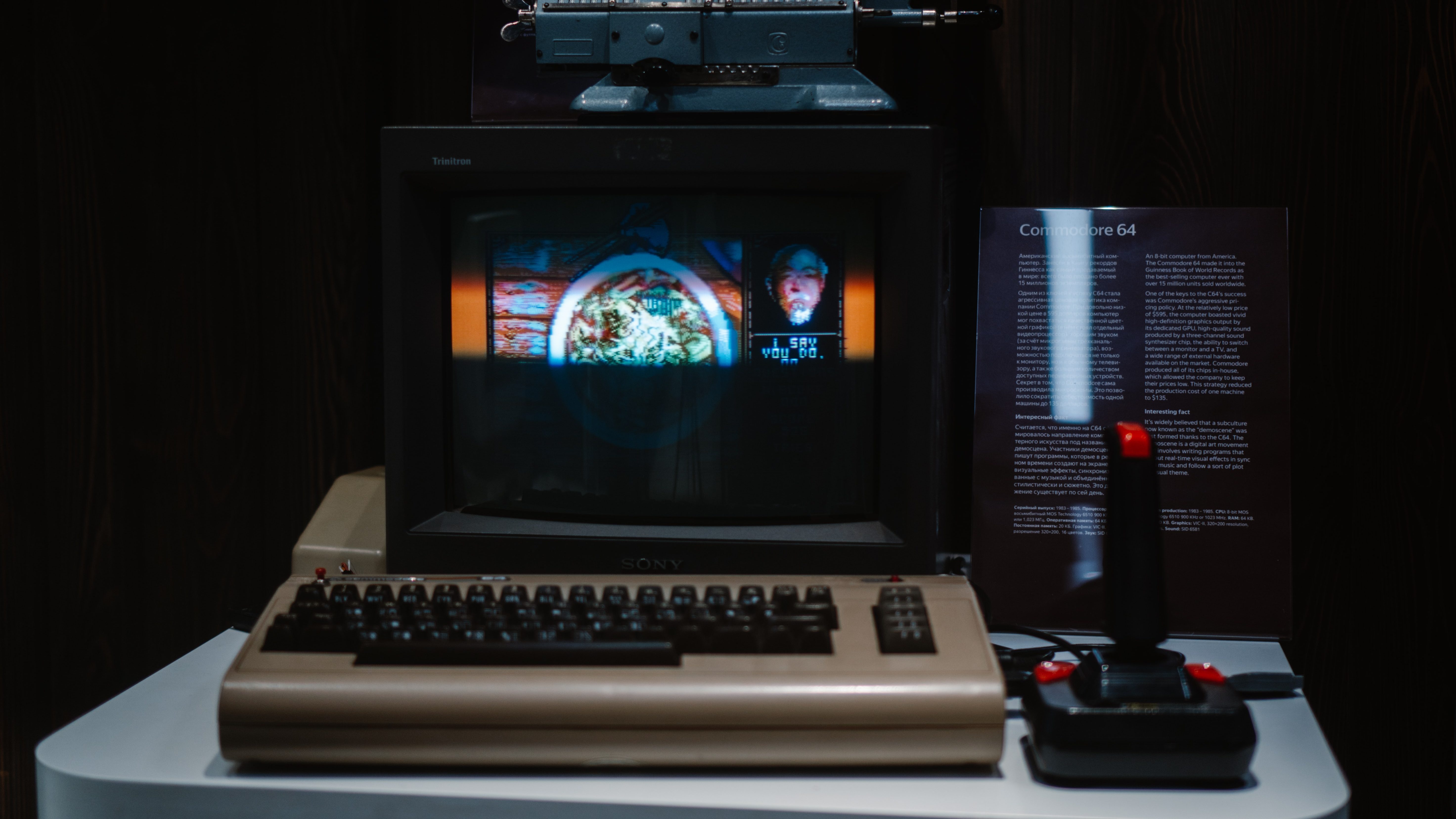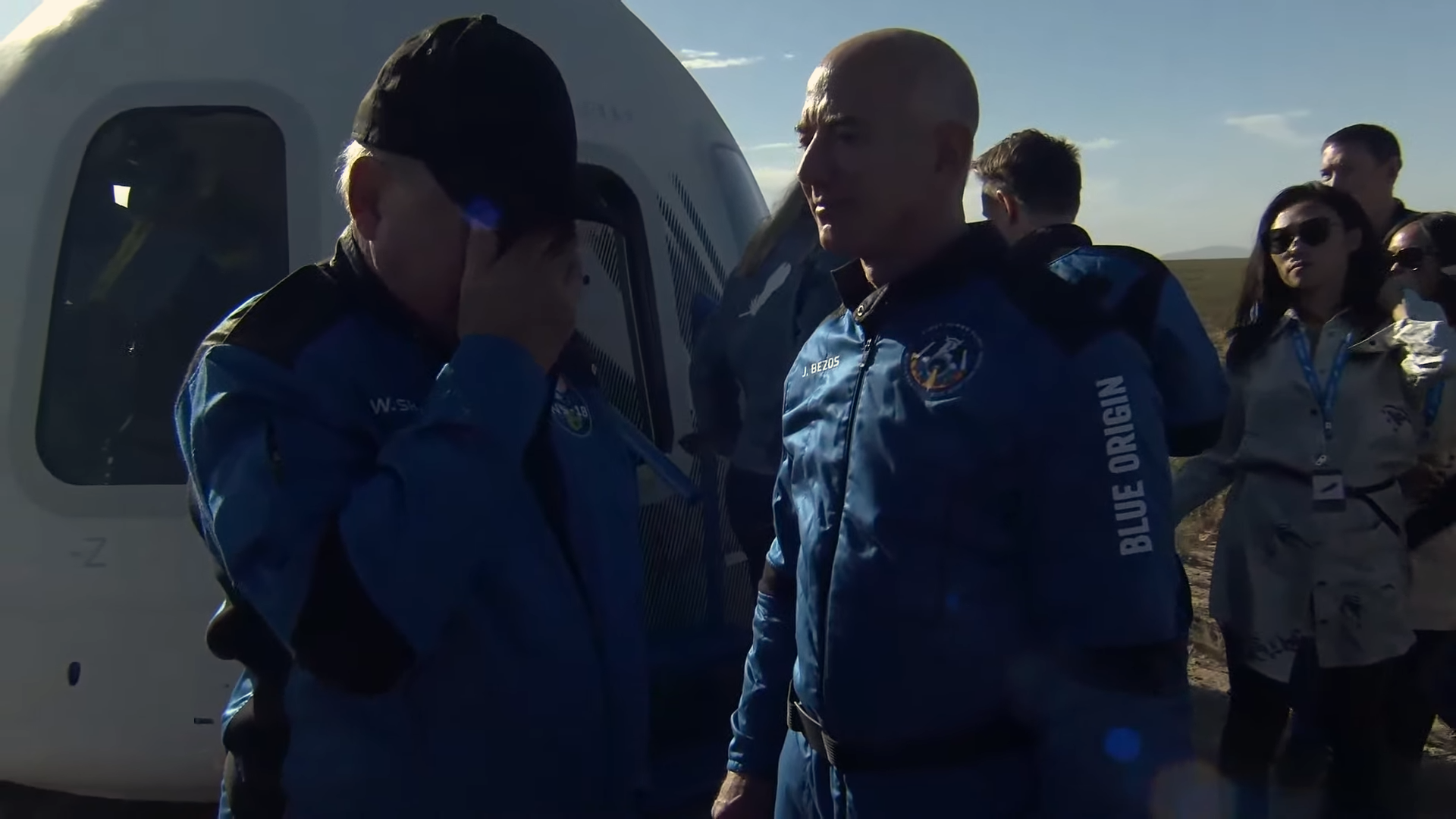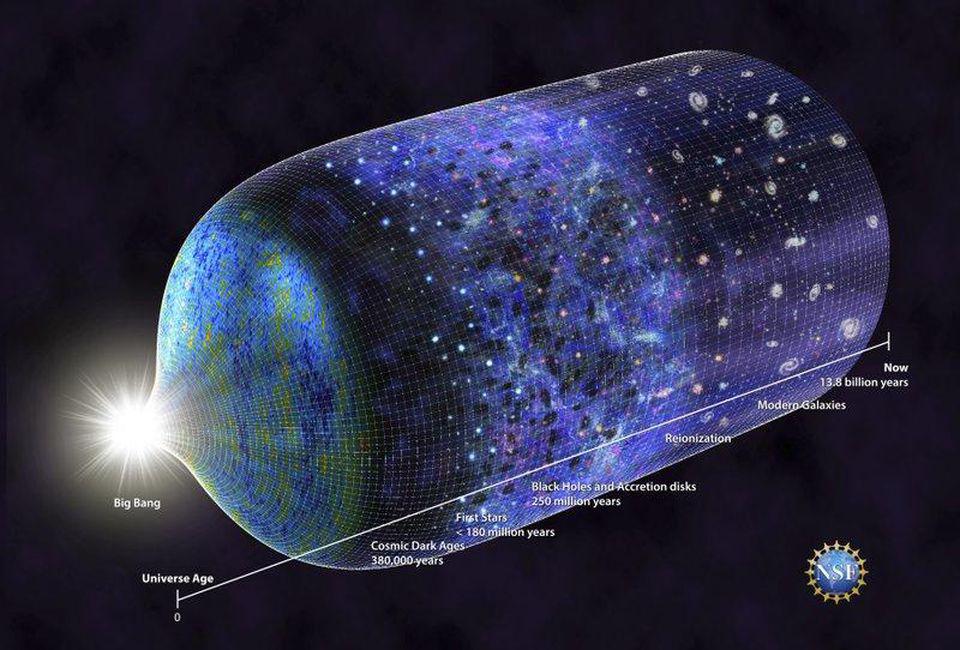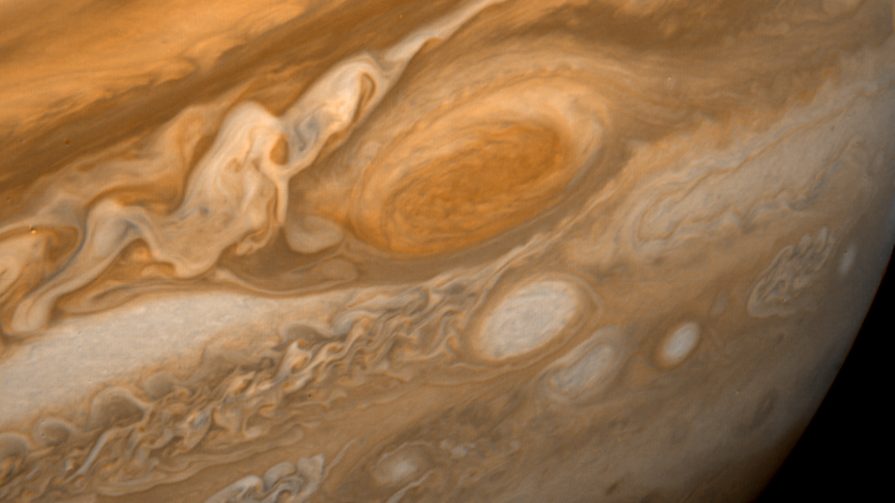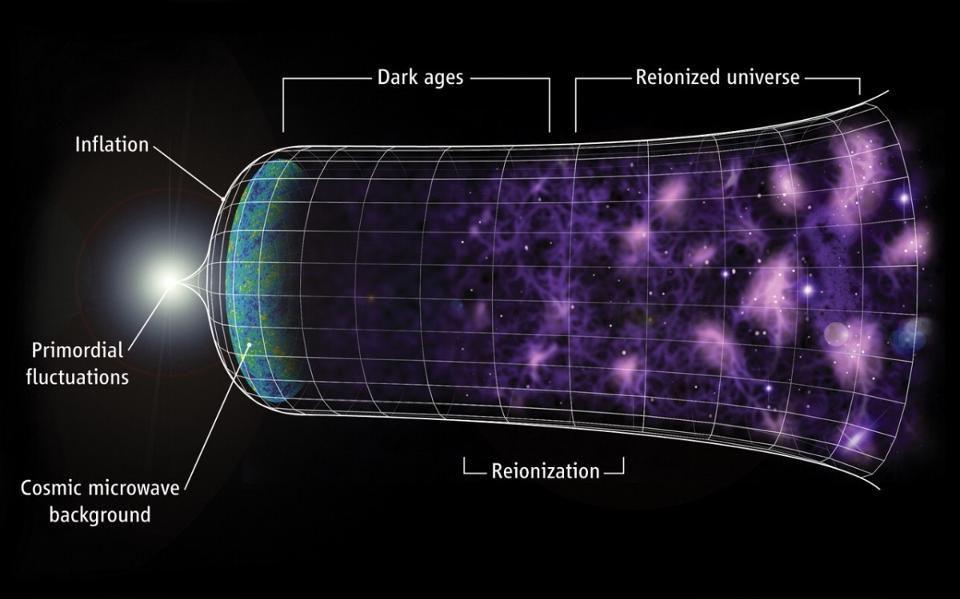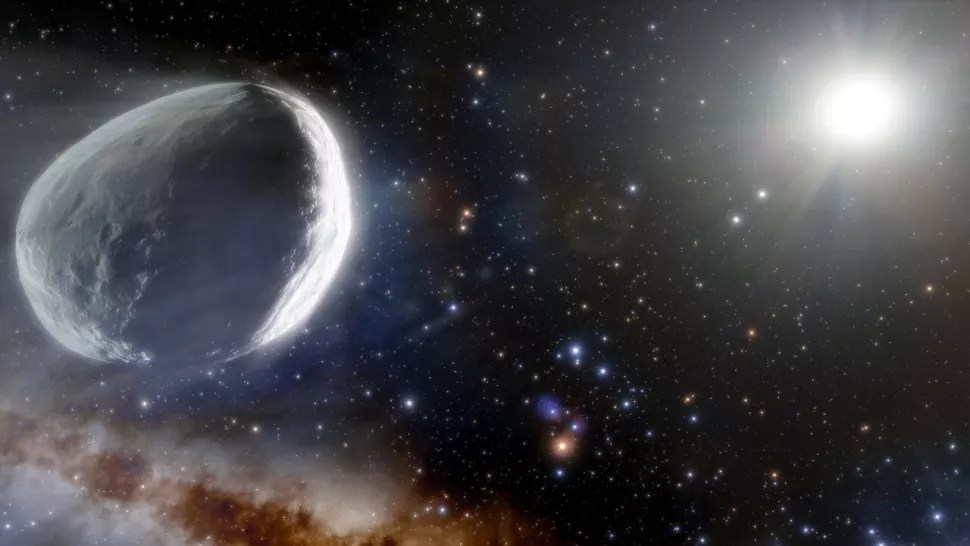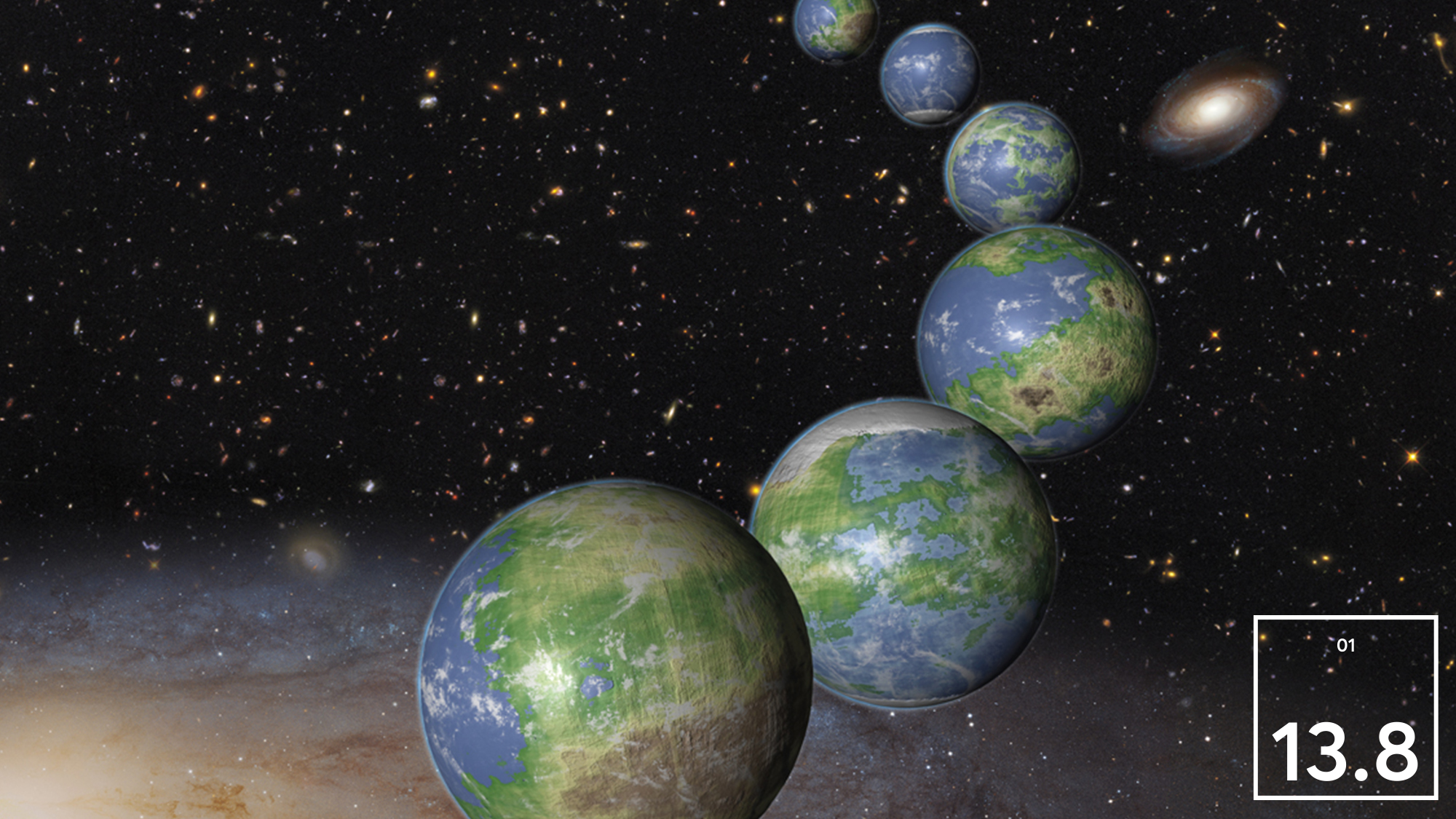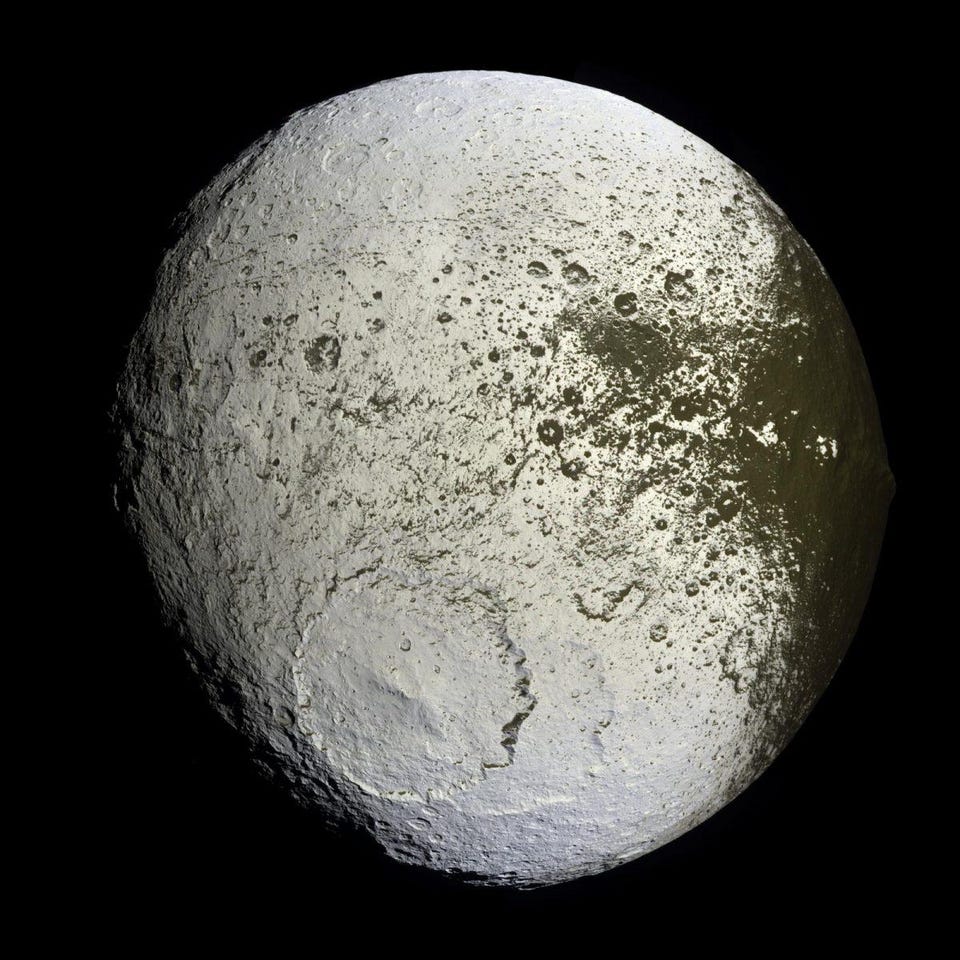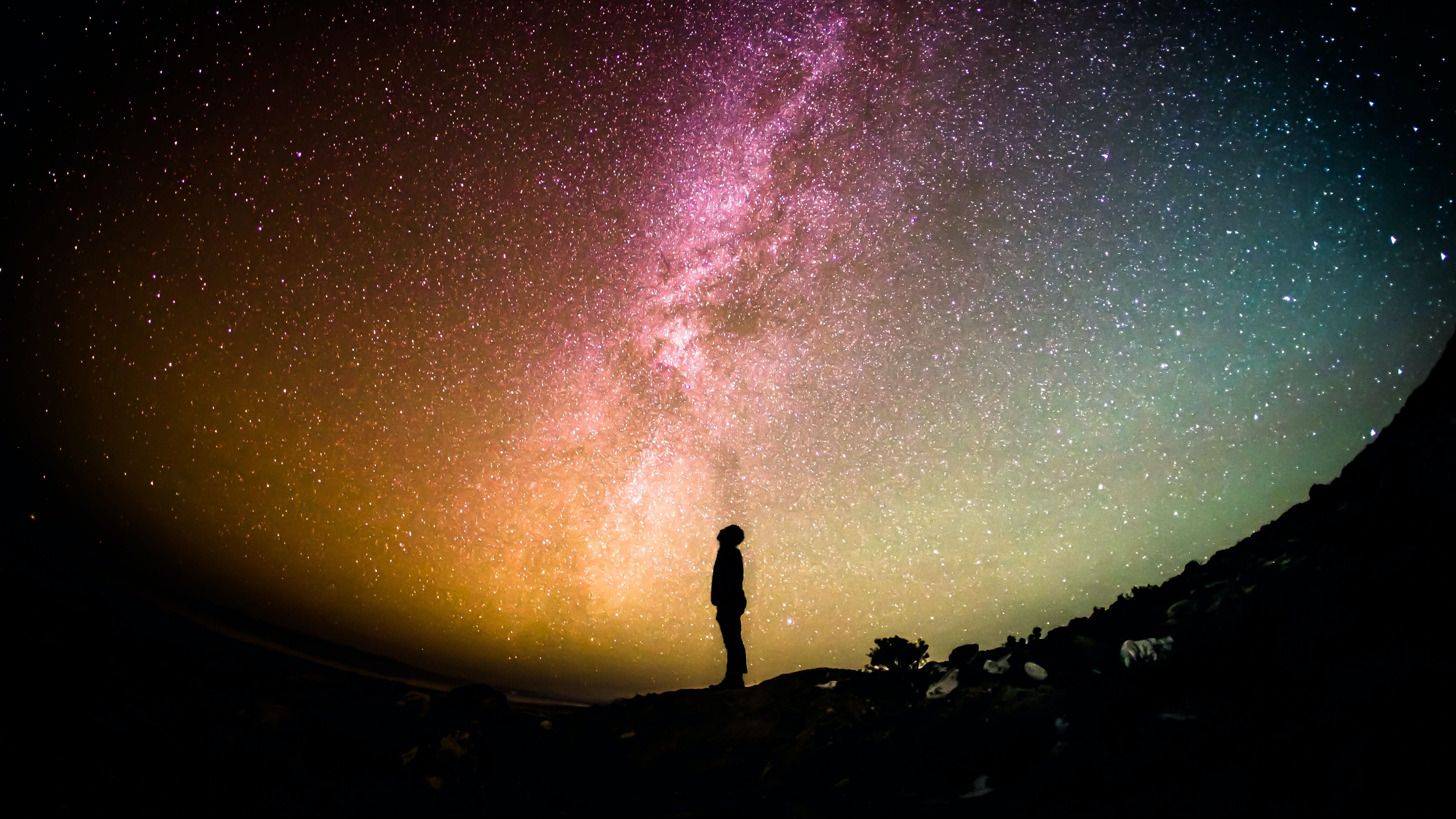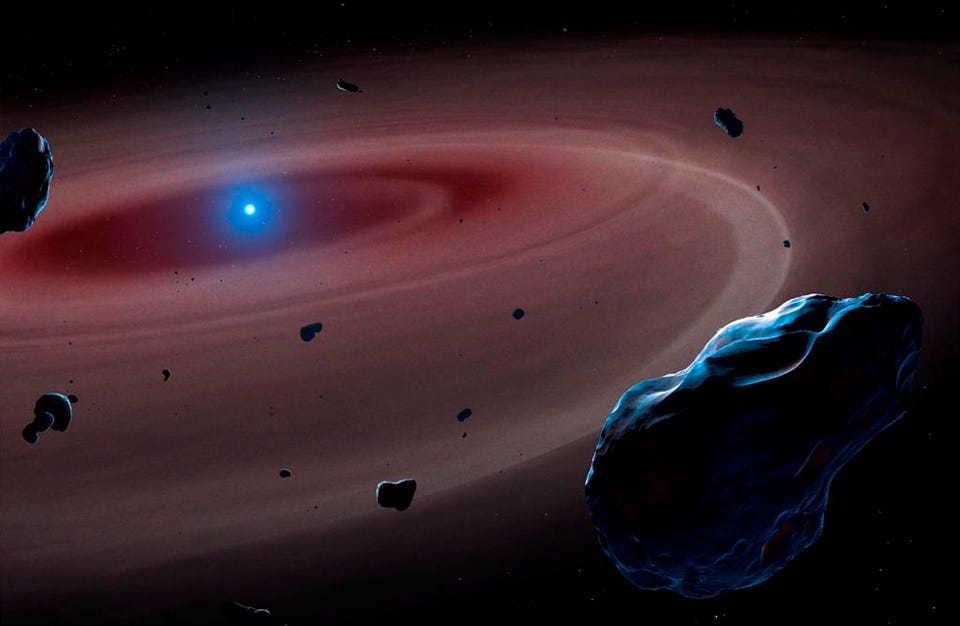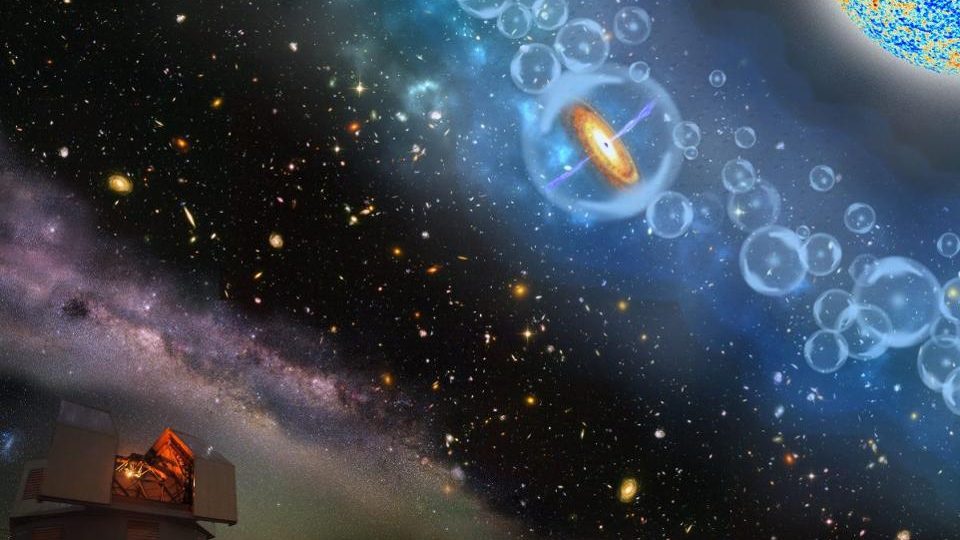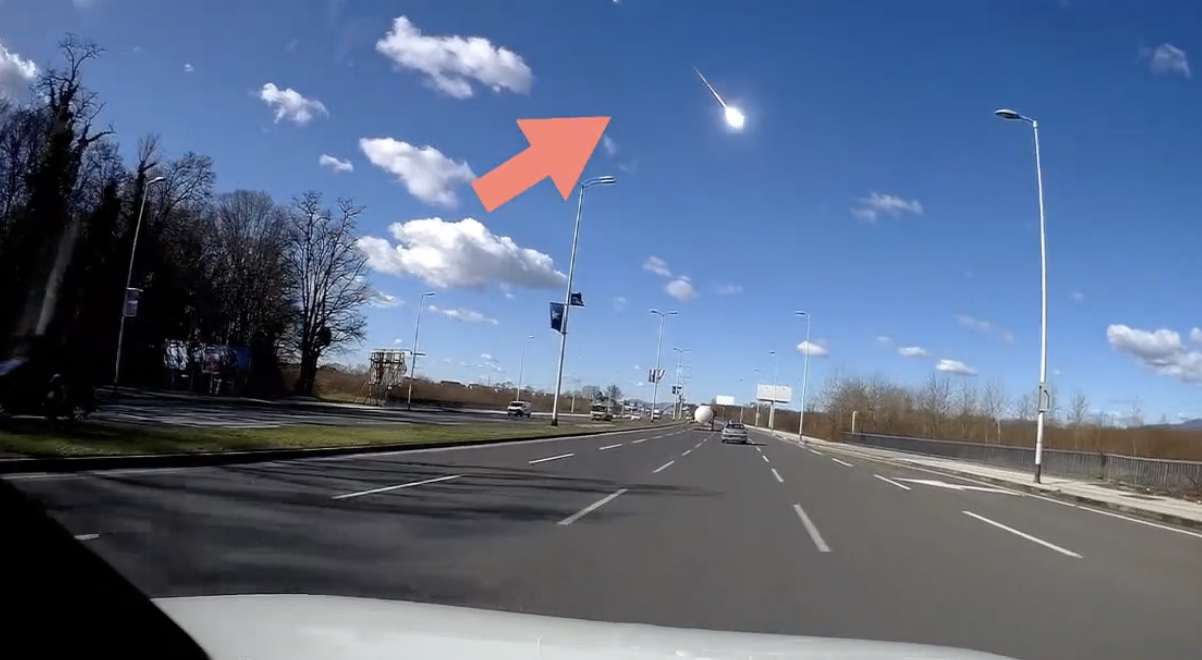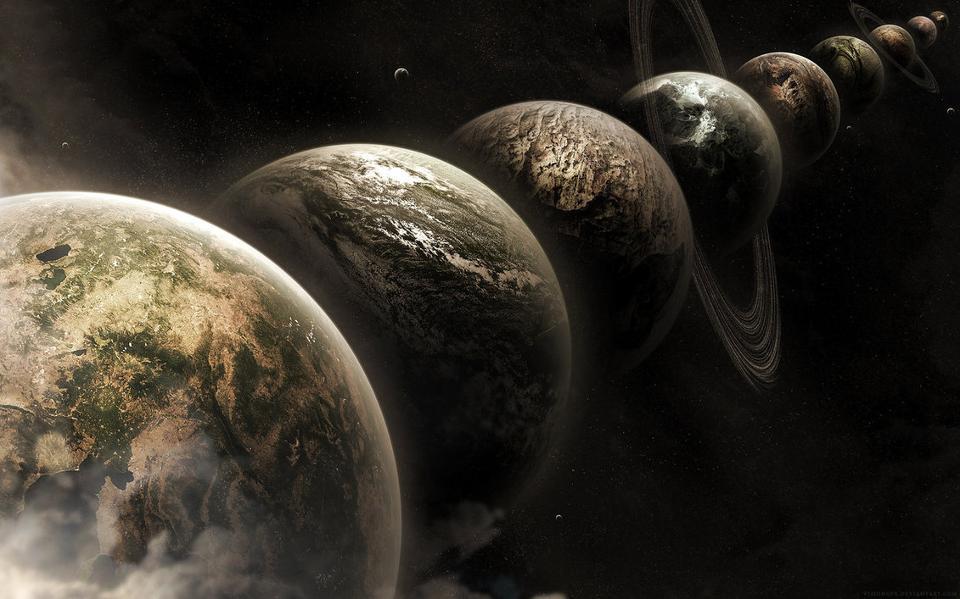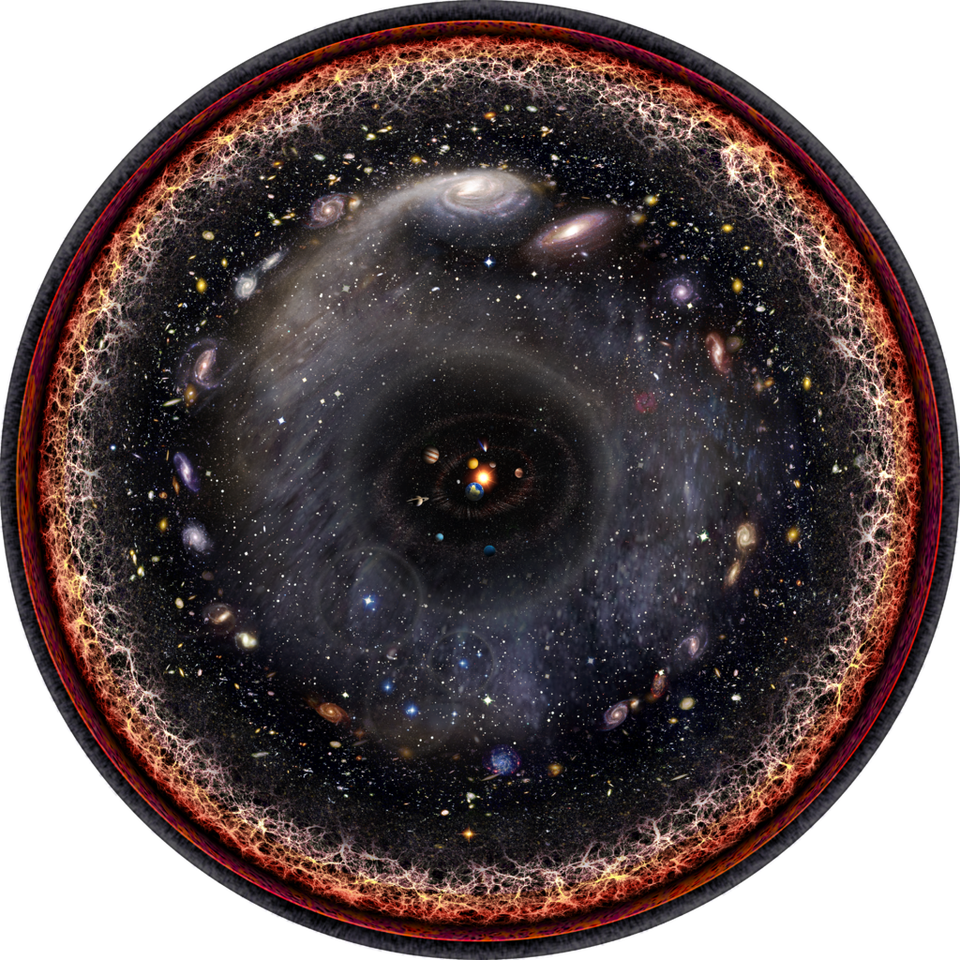Space & Astrophysics
In 2006, Pluto was demoted in a very controversial decision. Unless you ignore nearly all of planetary science, it’ll never be one again.
Our Sun will continue to grow, becoming a red giant and then a planetary nebula. Here’s how large it will get.
Technology has advanced at a blinding pace in the past 150 years. That won’t always happen.
Named M51-ULS-1b, it’s certainly a curious astronomical event. But the evidence is far too weak to conclude “planet.”
Einstein hated “spooky action at a distance,” but much to his chagrin, quantum mechanics remains as spooky as ever.
The first world that humans should inhabit beyond the Earth is the Moon, not Mars. Here’s why terraforming our lunar neighbor is so appealing.
As the first Friedmann equation celebrates its 99th anniversary, it remains the one equation to describe our entire universe.
The universe is filled with unlikely events, but is also full of ways to fool ourselves.
It’s been precisely 13.8 billion years since the Big Bang occurred. Here’s how we know.
The findings include signs of flash flooding that carried huge boulders downstream into the lakebed.
An unprecedented number of new satellites threatens the night sky as we know it. Will we act in time to save it?
For the past 150+ years, the big ones have all missed us. But at some point, our good luck will run out.
Even if we traveled at the speed of light, we’d never catch up to these galaxies.
The thrills and horrors of strange heavenly bodies condensed into one attractive snapshot.
Nebulae are beautiful, but so is the process of science.
Computer Space lacked a critical ingredient that the other games possessed: gravity.
The “overview effect,” experienced by astronauts when they view the Earth from outer space, irrevocably changes your perspective as a human.
We used to think the Big Bang meant the universe began from a singularity. Nearly 100 years later, we’re not so sure.
Much like computing technology, the Great Red Spot has been getting smaller and faster over the last few years.
Migrating our planet to a safer orbit might be the only way to preserve Earth after all the ice melts.
Many contrarians dispute that cosmic inflation occurred. The evidence says otherwise.
A new study shows that the Bernardinelli-Bernstein Comet is much larger than previously thought — potentially the largest ever spotted.
The mediocrity principle is often used to make claims about the abundance of life across the universe, but these claims are likely unfounded.
Saturn’s Iapetus, discovered way back in 1671, has three bizarre features that science still can’t fully explain.
Try this: It’s about 10 times the number of cups of water in all the oceans of Earth.
The past ~4 billion years have been an incredibly successful, unbroken run for life on Earth. The future won’t be nearly so bright.
If we were born trillions of years in the future, could we even figure out our cosmic history?
The unconventional method could help astronomers better track meteorites that fall during the daytime.
If there really is another version of you out there in a parallel universe, what can that teach us about reality?
The universe is only 13.8 billion years old, but we can see back 46.1 billion light-years. Here’s how the expanding universe does it.
